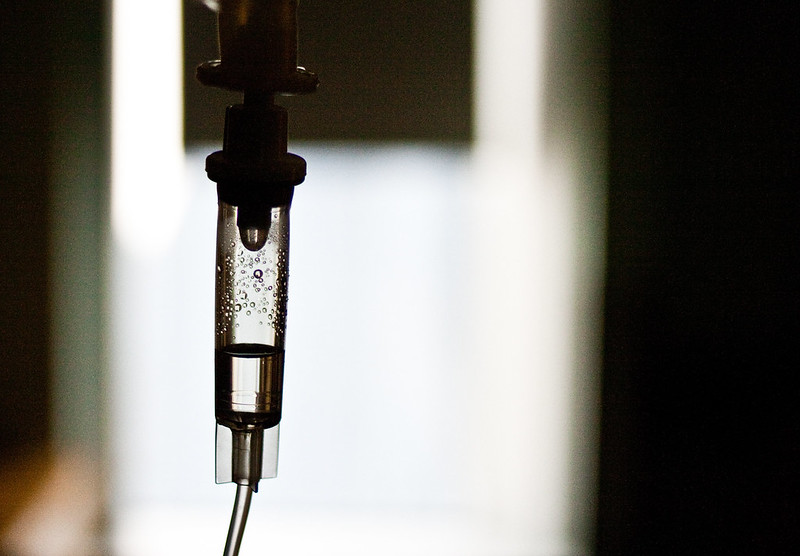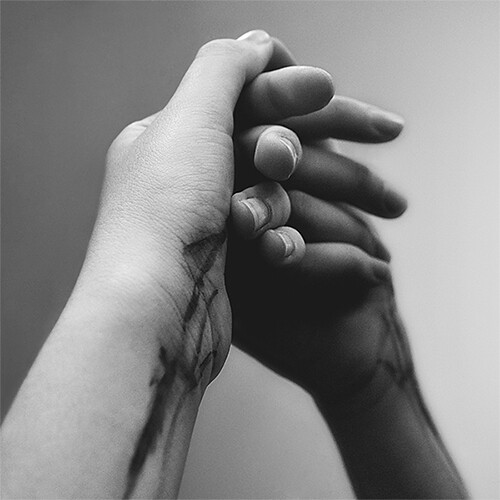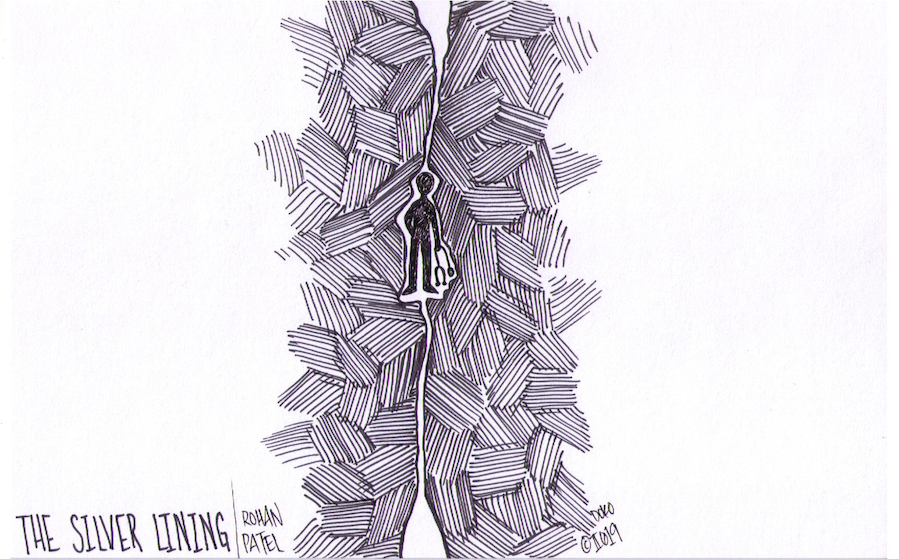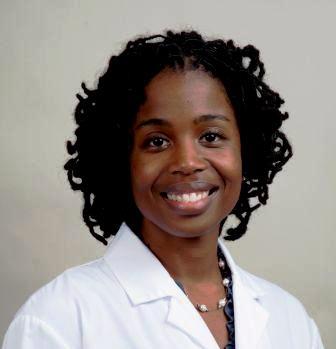Exquisitely Tender
A 5-year-old African-American boy presents to the emergency department with left leg pain. His leg is exquisitely tender to palpation… If I read this vignette in the first year of medical school, I would have navigated to the multiple-choice answers to select anything related to sickle cell disease. The question writers are stating that the patient is Black, young and has a painful limb — this is not a difficult diagnosis.









